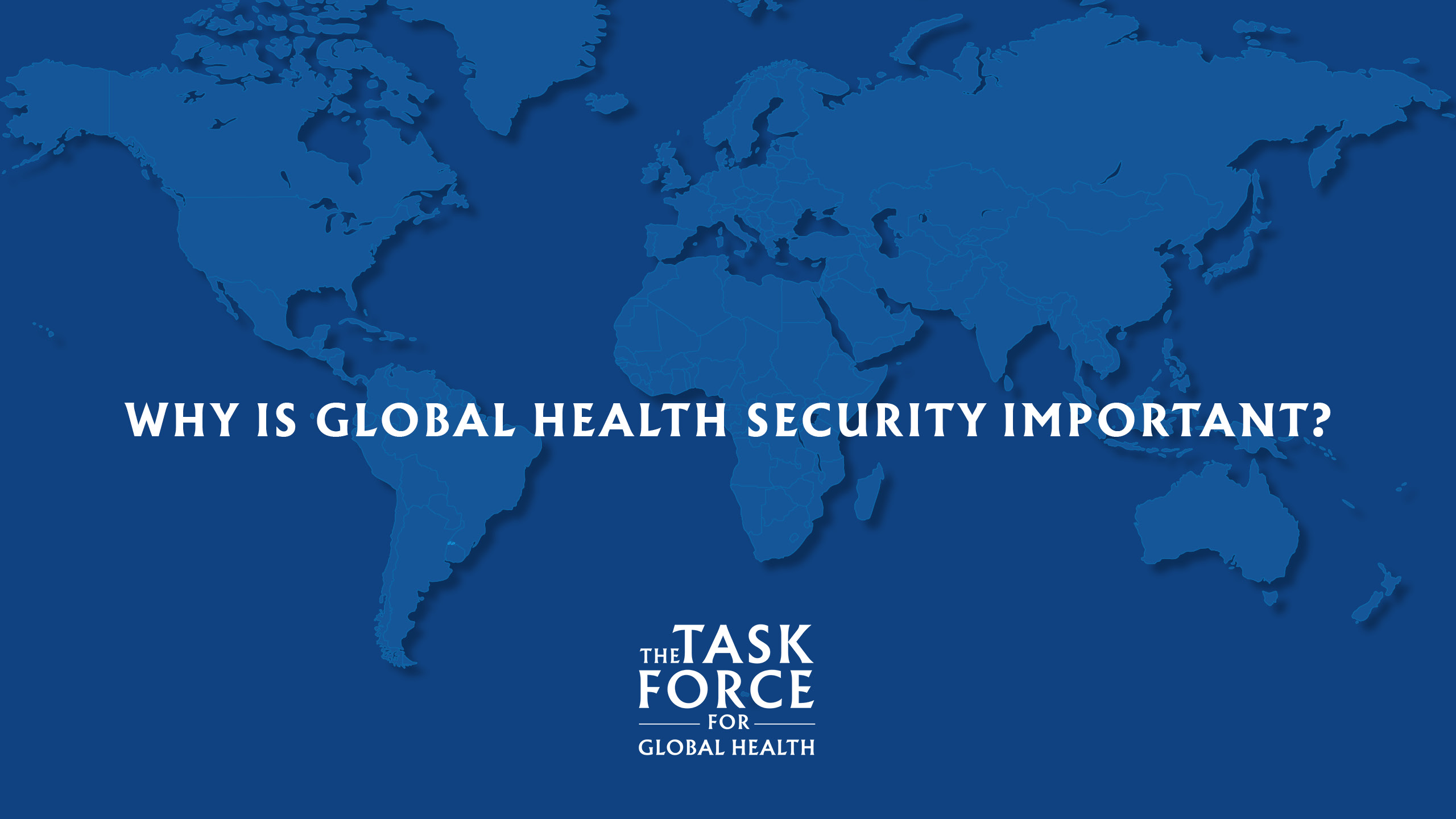
In 2024, global public health initiatives are at the forefront of combating emerging health threats. With a rapidly evolving landscape of diseases and health risks, it is crucial for health organizations and governments to implement effective strategies to protect populations worldwide. This article explores how various global public health initiatives are addressing these challenges through innovative approaches, collaboration, and proactive measures.
Understanding Emerging Health Threats
Emerging health threats refer to new or re-emerging diseases and health risks that pose significant challenges to public health systems. These threats can include infectious diseases, environmental hazards, and lifestyle-related conditions. The rise of antimicrobial resistance, the impact of climate change, and the increasing frequency of zoonotic diseases (diseases transmitted from animals to humans) are some key areas of concern.
Key Global Public Health Initiatives
1. Strengthening Surveillance Systems
One of the primary strategies for tackling emerging health threats is the enhancement of global surveillance systems. Organizations like the World Health Organization (WHO) and the Centers for Disease Control and Prevention (CDC) have invested in advanced technologies to monitor disease outbreaks in real-time. The use of artificial intelligence (AI) and big data analytics enables these organizations to predict and respond to potential outbreaks more efficiently.
Example: The Global Health Security Agenda (GHSA) is a notable initiative that aims to improve the ability of countries to detect, prevent, and respond to infectious disease threats. By fostering international collaboration and sharing information, the GHSA enhances the global response to emerging health threats.
2. Promoting Vaccination and Immunization
Vaccination remains a cornerstone of global public health efforts. In 2024, there is a continued emphasis on improving vaccination coverage and developing new vaccines for emerging diseases. Efforts are being made to ensure equitable access to vaccines, particularly in low- and middle-income countries.
Example: The Coalition for Epidemic Preparedness Innovations (CEPI) is working on the rapid development of vaccines for potential outbreaks. CEPI’s initiatives include funding research and accelerating the production of vaccines for diseases such as Ebola and COVID-19.
3. Addressing Antimicrobial Resistance
Antimicrobial resistance (AMR) poses a serious threat to global health, as it renders antibiotics and other treatments ineffective against resistant pathogens. Public health initiatives are focusing on combating AMR through the promotion of responsible antibiotic use, improving infection prevention and control measures, and supporting research into new antimicrobial agents.
Example: The WHO’s Global Action Plan on Antimicrobial Resistance outlines strategies to combat AMR, including enhancing surveillance, optimizing the use of antimicrobials, and investing in research and development.
4. Tackling Climate Change and Environmental Health
Climate change has far-reaching impacts on public health, including the sp
read of vector-borne diseases and increased frequency of extreme weather events. Public health initiatives are increasingly addressing the intersection of climate change and health by implementing strategies to mitigate its effects and build resilience in communities.
Example: The WHO’s Climate and Health Initiative aims to integrate climate and health policies, promote sustainable practices, and enhance preparedness for climate-related health risks.
5. Enhancing Global Health Security
Global health security involves strengthening the capacity of countries to manage health emergencies and prevent the spread of diseases across borders. Initiatives are focusing on improving emergency response systems, strengthening health infrastructure, and fostering international collaboration.
Example: The International Health Regulations (IHR) are a legally binding framework that requires countries to strengthen their health systems and share information about health threats. The IHR helps coordinate a global response to health emergencies and ensure timely and effective actions.
The Role of Technology and Innovation
Technology and innovation play a crucial role in addressing emerging health threats. Advances in genomics, digital health, and telemedicine are transforming the way public health challenges are managed.
- Genomics: Advances in genomics are enabling the identification of new pathogens and the development of targeted treatments and vaccines.
- Digital Health: Mobile health applications and telemedicine platforms are improving access to healthcare services and enabling remote monitoring of patients.
- Data Analytics: Big data and AI are enhancing the ability to predict and respond to disease outbreaks, optimize resource allocation, and inform public health policies.
Collaboration and Partnerships
Collaboration among governments, international organizations, non-governmental organizations (NGOs), and the private sector is essential for effectively addressing emerging health threats. Public-private partnerships are facilitating the development of innovative solutions and ensuring that resources are used efficiently.
Example: The Access to COVID-19 Tools (ACT) Accelerator is a collaborative initiative that aims to accelerate the development, production, and equitable distribution of COVID-19 tests, treatments, and vaccines. The ACT Accelerator brings together governments, global health organizations, and private sector partners to address the pandemic.
Conclusion
In 2024, global public health initiatives are making significant strides in tackling emerging health threats through a combination of advanced surveillance systems, vaccination efforts, antimicrobial resistance strategies, climate change mitigation, and global health security measures. Technology and innovation are driving progress, and collaboration among various stakeholders is crucial for effective responses. As the global health landscape continues to evolve, these initiatives will play a vital role in safeguarding public health and ensuring a healthier future for all.


